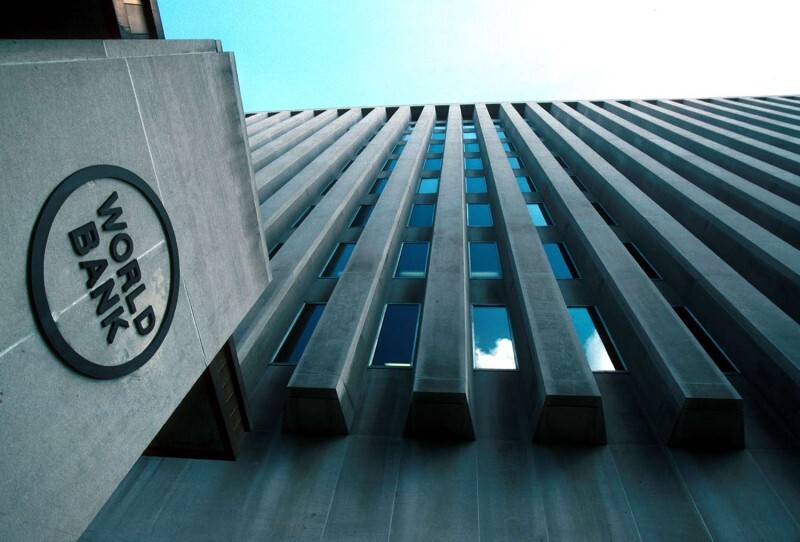Rabat - The World Bank has approved on Tuesday a $250 million program aimed at transforming municipal waste management in Morocco, marking a significant step in the country’s ongoing efforts to enhance environmental sustainability.
The program will target critical reforms and investments to improve both financial viability and environmental outcomes in the waste sector, according to a statement from the global financial institution.
Municipal waste management has been a focal point for Morocco, which has achieved notable progress under the National Program for Household and Similar Waste Management (PNDM).
Urban waste collection rates have surged from 40% in 2008 to 96% in 2022, a testament to two decades of strategic planning. However, persistent challenges, including environmental degradation and funding gaps, underscore the need for continued innovation.
To tackle these issues, the government introduced the National Program for Waste Recovery (PNVDM) in 2023. This initiative shifts focus toward reducing landfill reliance, improving waste recovery, and fostering circular economy practices.
The World Bank-supported program will bolster these efforts by advancing governance frameworks, operational efficiency, and sustainable business models.
Key components include rehabilitating uncontrolled dumpsites, upgrading controlled landfills, and expanding recycling initiatives.
The project benefits from additional technical and financial support from the Global Facility for Disaster Reduction and Recovery (GFDRR) and the Public-Private Infrastructure Advisory Facility (PPIAF).
As Morocco urbanizes rapidly, its waste management challenges reflect a global trend. The World Bank warns that global waste generation could rise to 3.4 billion tons annually by 2050, exacerbated by urban growth and consumption patterns.
Developed nations, representing 16% of the global population, generate a disproportionate 34% of global waste.
Plastic waste adds another dimension of urgency, with production doubling over two decades and recycling rates stagnating at just 9%, according to the Organisation for Economic Co-operation and Development (OECD).
Morocco has taken proactive steps to mitigate these pressures. The PNDM has increased waste treatment rates from 10% in 2008 to 63% today, while closing 44 unauthorized dumpsites and rehabilitating 67 more.
New strategies aim to address region-specific challenges, particularly organic waste, which constitutes up to 70% of total waste in certain areas.
Energy Transition and Sustainable Development Minister Leila Benali has highlighted the need for regionalized waste management plans, extended producer responsibility policies, and infrastructure for hazardous waste.
Medical waste, which totaled over 22,000 tons in 2021, also remains a pressing concern throughout the North African country.
The program will target critical reforms and investments to improve both financial viability and environmental outcomes in the waste sector, according to a statement from the global financial institution.
Municipal waste management has been a focal point for Morocco, which has achieved notable progress under the National Program for Household and Similar Waste Management (PNDM).
Urban waste collection rates have surged from 40% in 2008 to 96% in 2022, a testament to two decades of strategic planning. However, persistent challenges, including environmental degradation and funding gaps, underscore the need for continued innovation.
To tackle these issues, the government introduced the National Program for Waste Recovery (PNVDM) in 2023. This initiative shifts focus toward reducing landfill reliance, improving waste recovery, and fostering circular economy practices.
The World Bank-supported program will bolster these efforts by advancing governance frameworks, operational efficiency, and sustainable business models.
Key components include rehabilitating uncontrolled dumpsites, upgrading controlled landfills, and expanding recycling initiatives.
The project benefits from additional technical and financial support from the Global Facility for Disaster Reduction and Recovery (GFDRR) and the Public-Private Infrastructure Advisory Facility (PPIAF).
As Morocco urbanizes rapidly, its waste management challenges reflect a global trend. The World Bank warns that global waste generation could rise to 3.4 billion tons annually by 2050, exacerbated by urban growth and consumption patterns.
Developed nations, representing 16% of the global population, generate a disproportionate 34% of global waste.
Plastic waste adds another dimension of urgency, with production doubling over two decades and recycling rates stagnating at just 9%, according to the Organisation for Economic Co-operation and Development (OECD).
Morocco has taken proactive steps to mitigate these pressures. The PNDM has increased waste treatment rates from 10% in 2008 to 63% today, while closing 44 unauthorized dumpsites and rehabilitating 67 more.
New strategies aim to address region-specific challenges, particularly organic waste, which constitutes up to 70% of total waste in certain areas.
Energy Transition and Sustainable Development Minister Leila Benali has highlighted the need for regionalized waste management plans, extended producer responsibility policies, and infrastructure for hazardous waste.
Medical waste, which totaled over 22,000 tons in 2021, also remains a pressing concern throughout the North African country.

